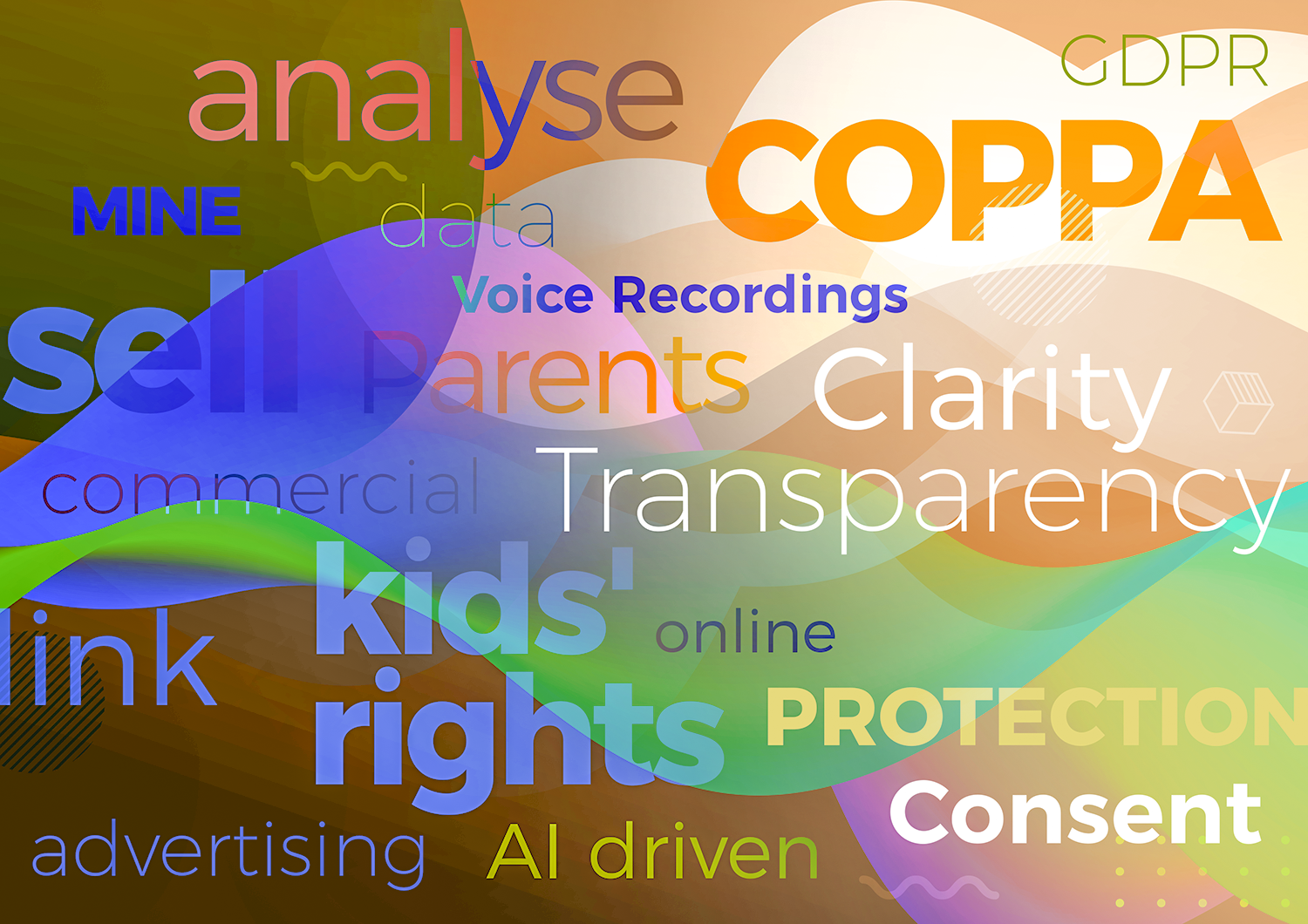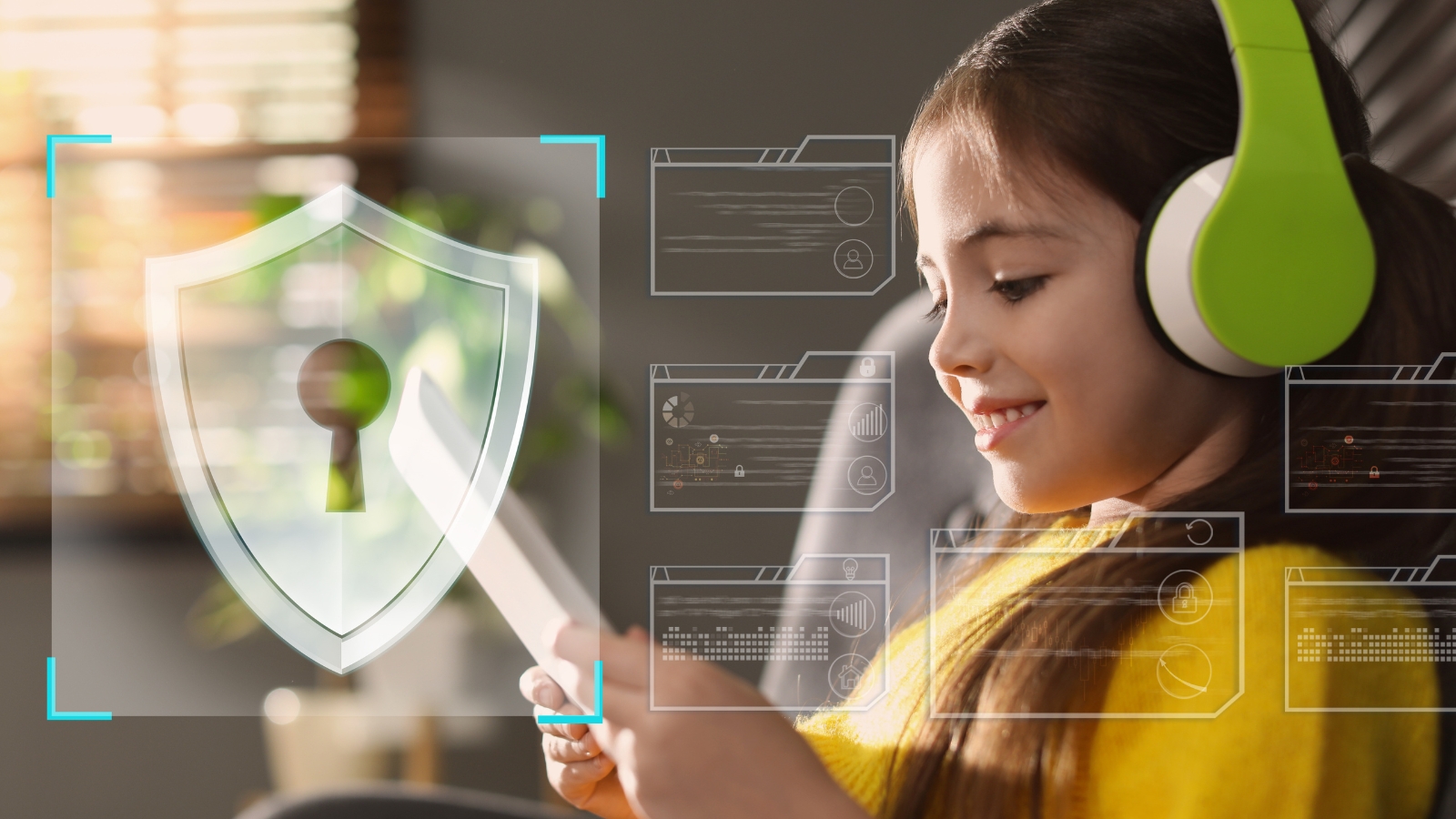Kids, voice technology & privacy
May 10, 2019

SoapBox Labs has just submitted a paper to the Office of the High Commissioner of Human Rights (OHCHR) in collaboration with digital anthropologist Dr. Veronica Barassi.
The paper discusses children’s rights in the digital age, a topic very close to both of our hearts.
Dr. Barassi has dedicated much of her academic career to the study of digital citizenship, and she is now writing a book for MIT Press entitled Child Data Citizen.
Similarly, SoapBox Labs has dedicated the last six years to developing speech recognition technology for young kids, and while we’re a hugely ambitious for-profit business, we’re also deeply committed to making a positive impact on the lives of young kids using our proprietary, privacy-by-design driven approach to developing voice technology.
About SoapBox’s submission to the OHCHR
As the paper explains: “People think voice, like breath, is ephemeral, that once spoken, words will disappear forever. In reality, voice prints, like fingerprints, are a uniquely identifiable piece of data that’s reusable and valuable.”
The value of this data goes far beyond the voice recording itself of course. It can be linked to other personal data and used to infer things like preferences, accent, and emotion — not to mention biometrics. All of us, both adults and children, share valuable voice data with digital services on a regular basis and how that data is being stored, analyzed, used, or misused is a potential cause for concern — concern that becomes alarm bells when the data belongs to young children.
As a leader in the development of voice technology for kids, we see first hand the promise of this technology to fundamentally advance literacy and language learning for kids everywhere. We also recognize that digital technologies not specifically designed for young children threaten their privacy now and for the whole of their lifetimes. SoapBox Labs may be the first speech technology company with privacy by design in our DNA, but we’re now asking our colleagues across the voice industry to adopt it also.
In recent weeks, companies like Google and Amazon have been responding to the privacy hue and cry by introducing new features. Just last week, Amazon announced that Alexa users will now be able to delete their voice recordings using a simple voice command.
Easy-to-use features like this are both necessary and welcome, but our principal call to action to the OHCHR remains as clear — and as urgent — as ever: children’s voice data must be treated differently to adults’, and transparent child-specific privacy regulations are the best way to ensure children are fully protected when they go online.
Read the paper
Read our full submission to the OHCHR, and email us at hello@soapboxlabs.com with any questions related to our approach to protecting kids’ voice data privacy.




